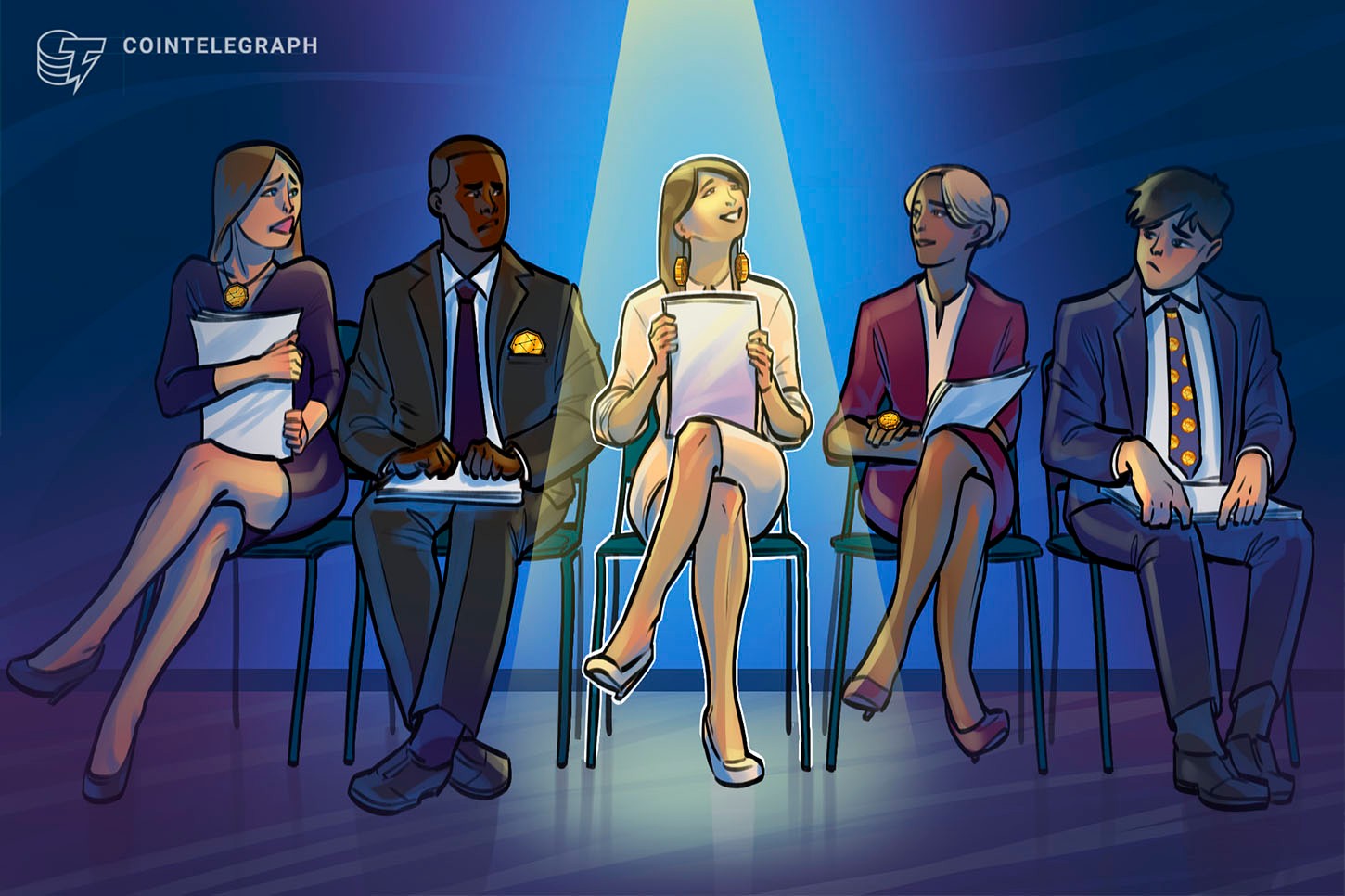
The interview process for Web3 positions will typically involve questions aimed at assessing a candidate’s knowledge of decentralized technologies, blockchain and smart contracts.
When interviewing for Web3 jobs, it’s important to be prepared for a range of questions that may vary depending on the specific role and the company you are interviewing with. That said, there are some common interview questions that you can expect to encounter.
These questions typically cover your understanding of the Web3 ecosystem, your experience with blockchain technologies, your contributions to decentralized applications (DApps) and smart contracts, your approach to problem-solving and collaboration, and your ability to address security and scalability challenges.
However, keep in mind that there is no one-size-fits-all approach to Web3 job interviews, and the specific questions you encounter may vary depending on the job requirements and the interviewer’s priorities.
Me leaving my IRL job to go full-time Web3 pic.twitter.com/C8jbLefA6u
— RILΞ (@RileNFTs) May 8, 2023
What is your understanding of the Web3 ecosystem, and how do you see it evolving in the coming years?
This is one of the most crucial questions you might be asked during a Web3 job interview because it tests your familiarity with the market and your perception of its possible future development. Candidates with in-depth knowledge of the Web3 ecosystem, including blockchain technologies, DApps and smart contracts, may be desired by the interviewer.
Although this might show your capacity to keep abreast of new trends and react to changes, they might also be interested in your views and ideas on how the industry is expected to change in the upcoming years.
To answer this question effectively, it’s important to demonstrate a deep understanding of the Web3 ecosystem, including current developments and potential future trends. Highlight any specific areas of expertise you have, such as a particular blockchain protocol or DApp platform.
Additionally, demonstrate your ability to think critically about the future of the industry by discussing emerging trends, such as the growth of decentralized finance (DeFi) or the integration of Web3 technologies into traditional industries.
The interviewer will be looking for a candidate who is knowledgeable, passionate and able to communicate their ideas clearly and concisely. Be sure to back up your statements with specific examples or evidence to showcase your understanding of the Web3 ecosystem and your ability to think critically about its future.
How have you contributed to the development of decentralized applications (DApps) and smart contracts?
The interviewer may be interested in understanding your skills in programming languages, such as Solidity, which is used to write smart contracts for Ethereum-based DApps.
To answer this question, start by discussing your experience in building or contributing to DApps and smart contracts. Highlight any specific projects you have worked on, the programming languages you used and the contributions you made. Be sure to mention any challenges you faced and how you overcame them.
Additionally, emphasize your understanding of how DApps work and how they differ from traditional web applications. Showcase your knowledge of decentralized systems, such as blockchain, and how they enable DApps to be secure, transparent and trustless.
Lastly, discuss your passion for working with decentralized technologies and your desire to contribute to their development. The interviewer will be looking for a candidate who can demonstrate a strong understanding of DApp and smart contract development and a passion for contributing to the growth of the decentralized ecosystem.
What is your experience with blockchain technologies, and how have you integrated them into your projects?
This question evaluates one’s practical experience utilizing blockchain, including their ability to create or contribute to initiatives based on the technology, create smart contracts or use blockchain platforms to address real-world issues. It is crucial to show your experience with various blockchain technologies, programming languages and tools in order to respond to this question properly.
Describe your background working with blockchain briefly before highlighting some of your most important projects or accomplishments. Talk about any difficulties you encountered and how you overcame them, as this shows that you can solve problems. Showcase your teamwork skills when using blockchain and talk about any collaboration or planning you did with other developers, stakeholders or consumers.
Finally, focus on how you incorporated blockchain technologies to add practical value to your projects. This can involve utilizing blockchain for decentralization, security or transparency, as well as its distinctive properties to create cutting-edge platforms or applications. At the end of the day, the interviewer is seeking a candidate who can show that they have a solid grasp of blockchain technologies, real-world experience creating or contributing to blockchain-based projects, and a vision for how blockchain may be utilized to address challenges in the real world.
Related: 9 common interview questions for AI jobs
How did you tackle the security and scalability challenges of Web3, and what actions did you take to reduce them?
The interviewer may be looking for examples of how you have implemented measures to improve security and scalability, such as using smart contracts, sharding or other scaling solutions. Start your response to this question by describing the specific security and scalability difficulties you have encountered and the measures you have taken to address them. You might describe how you employed a specific scaling solution to improve the performance of a DApp or how you created a security protocol to secure a blockchain-based application.
Emphasize any standards or best practices you have used to guarantee the security and scalability of your Web3 projects. This can involve executing frequent security audits, adhering to industry-standard security practices or stress-testing your projects to ensure scalability.
Related: What is a smart contract security audit?: A beginner’s guide
Can you share examples of successful Web3 projects you have worked on and how you collaborated with your team to solve problems during those projects?
This question is meant to gauge how well you approach problem-solving, team collaboration, and your experience working on successful Web3 projects. Provide examples of Web3 projects you have worked on and describe your position in each one to begin answering this question. Mention the difficulties you encountered while working on the projects and your approach to tackling problems, along with any tactical or strategic choices you made. Be sure to highlight how you and your team collaborated to overcome those obstacles and produce good results.
Talk about any particular techniques or tools you employed to promote teamwork and communication. Software for project management, recurring check-ins or daily stand-up meetings are a few examples. Share any lessons you learned from past projects and how you used them in later initiatives.
Technical skills ☑️
— Sharon Isicheri | BOSSLADY (@sisicheri18) May 6, 2023
Blockchain knowledge ☑️
A knack for cryptography ☑️
Hate to break it to you, but to truly excel in the fierce world called Web3, you need more.
I bring you that ‘more’; soft skills!
Finally, be sure to express your love for Web3 technologies and your willingness to keep working on fruitful initiatives in this area. A candidate with a proven history of teamwork, problem-solving and producing positive results will stand out in the interview.

You can get bonuses upto $100 FREE BONUS when you:
💰 Install these recommended apps:
💲 SocialGood - 100% Crypto Back on Everyday Shopping
💲 xPortal - The DeFi For The Next Billion
💲 CryptoTab Browser - Lightweight, fast, and ready to mine!
💰 Register on these recommended exchanges:
🟡 Binance🟡 Bitfinex🟡 Bitmart🟡 Bittrex🟡 Bitget
🟡 CoinEx🟡 Crypto.com🟡 Gate.io🟡 Huobi🟡 Kucoin.
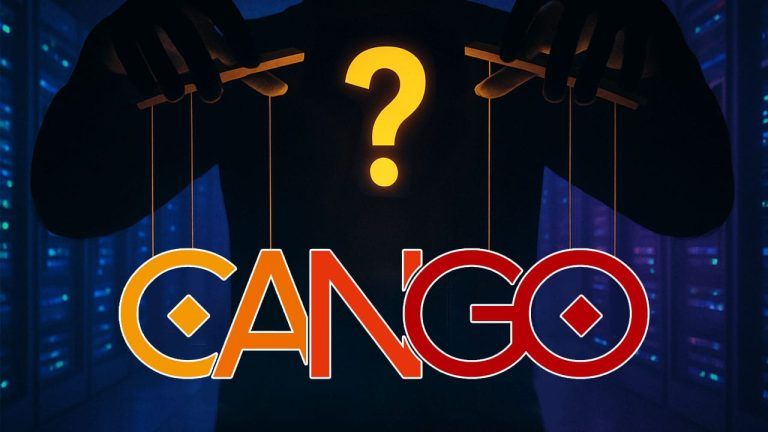

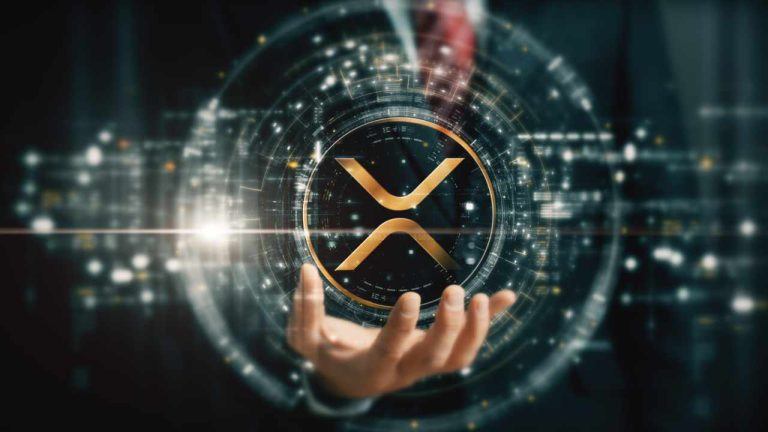
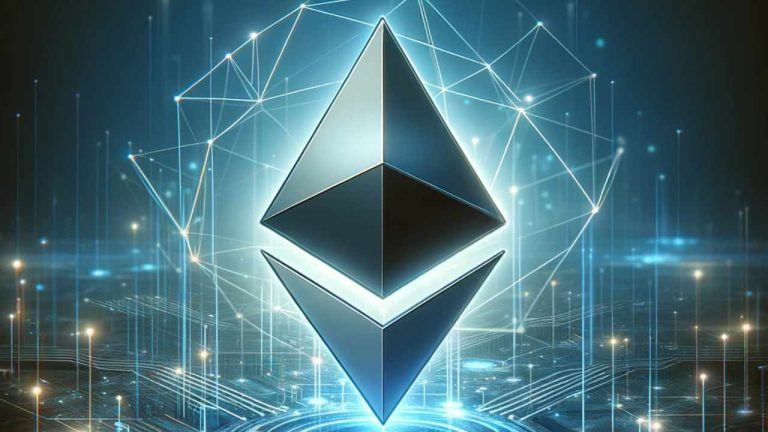



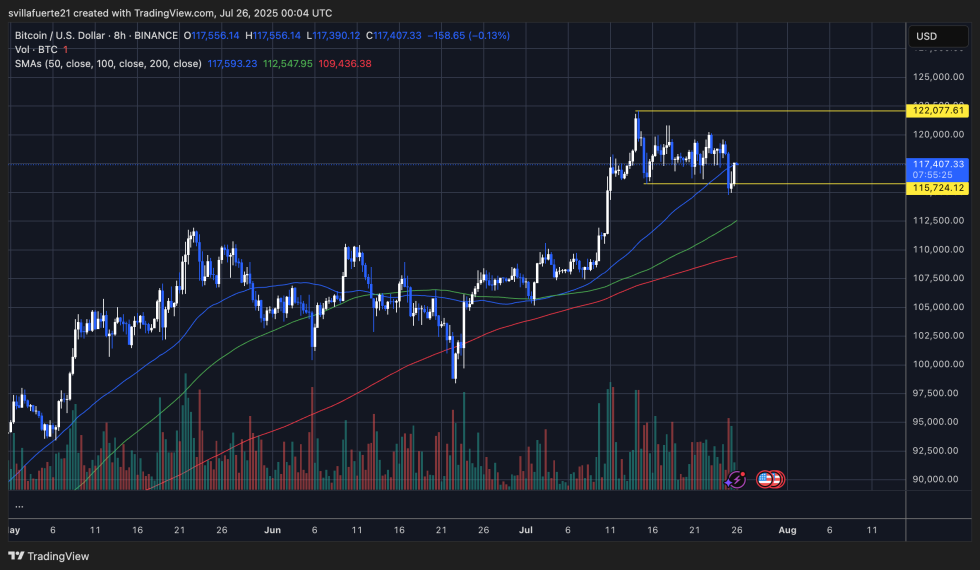
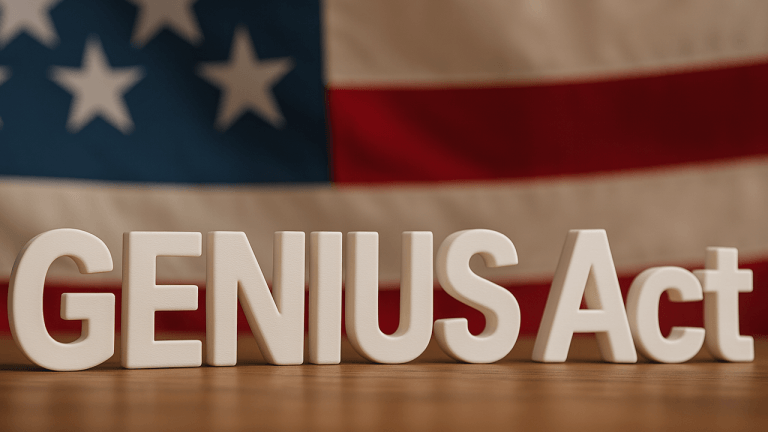

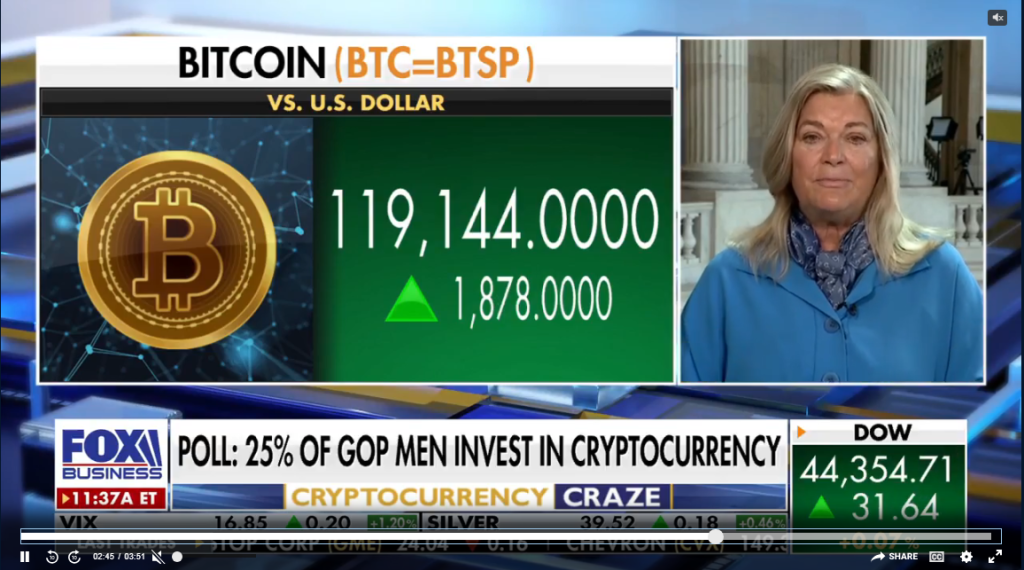
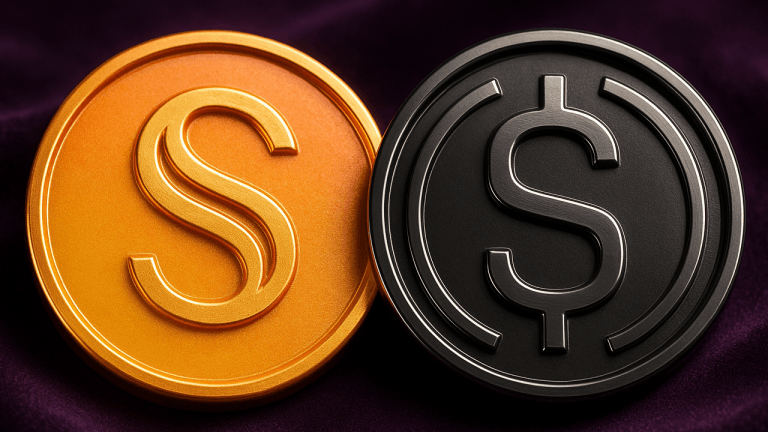


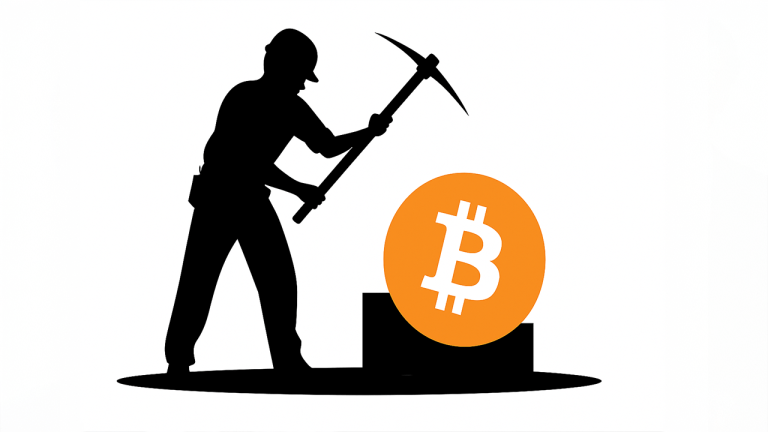





Comments